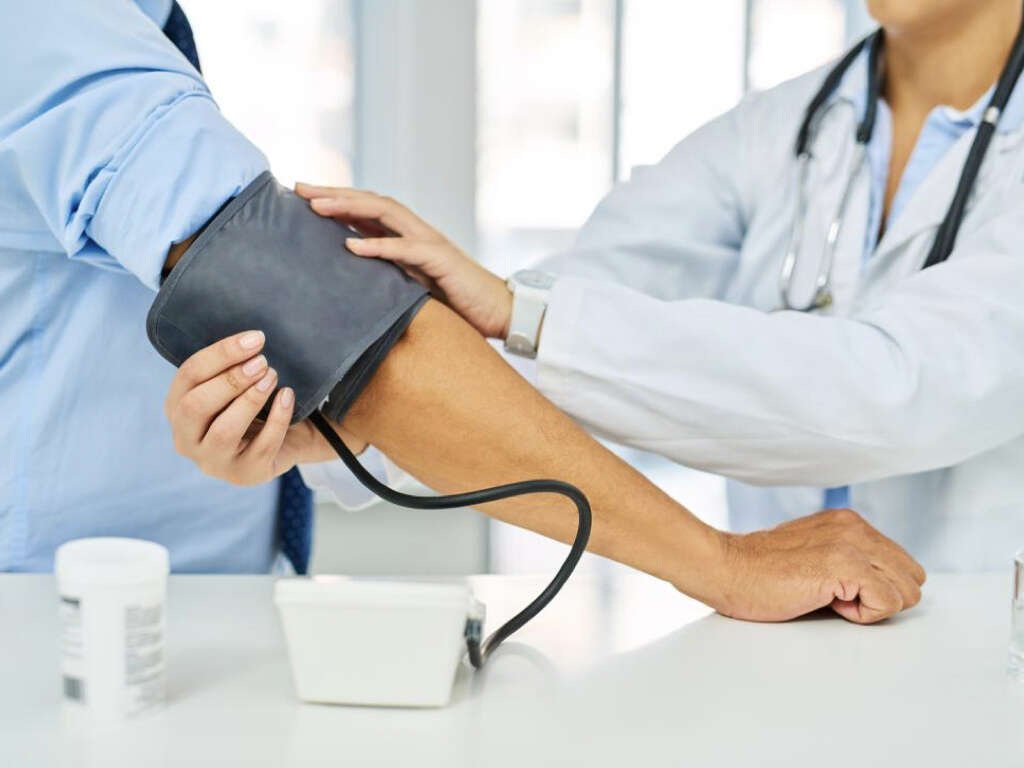10 Symptoms of Diabetes Insipidus
Water is essential to us. Without it, we would simply die. There is a mechanism within the body that notifies us to take on more water when we don’t have enough in our system. This mechanism is known as thirst, and it is something we all experience.
Some conditions can cause us to become more thirsty than usual. One of these is diabetes insipidus, which is when the body does not recognize or produce a specific hormone which then results in a cascade of events that includes excessive urination and excessive thirst. Treating diabetes insipidus will depend on the initial cause.
Symptom #1: Excess Thirst
We all get thirsty from time to time. It is simply our body’s way of telling us that we need to take on more water. It can get quite uncomfortable for us if we go for too long without taking on fluids, but this is easily remedied by having a drink. For some people, though, even having a drink will not quench thirst.
Perhaps the most telling symptom of diabetes insipidus is that the patient will feel very thirsty all of the time. They can continue to feel thirsty even after they have taken on plenty of fluids. It can be quite unpleasant feeling thirsty all of the time, but there are some medications that can remedy the situation.
Symptom #2: Excess Urination
We all need to use the toilet to pass water from time to time. This is essential because we need to empty our bladders when full. The bladder contains the waste that has been filtered from the blood by the kidneys. Urination is how we remove this waste from the body.
When there is a problem with the hormone that causes diabetes insipidus, the body will encourage more passage of urine, which is also perpetuated by the excessive thirst. This means that patients with the condition will be making trips to the bathroom more often than others. The urine that is passed will also be far more diluted than that of other people.

Symptom #3: Fever
Usually, a fever is caused as a deliberate act by our bodies to make the body hotter. This is to make it difficult for any pathogens in the body to survive. It is an effective defense against disease, but a fever is not always caused by this mechanism. It also occurs in diabetes insipidus, even when there is no pathogen present.
The mechanism that causes a fever in this instance is thought to be associated with how heat is lost from the body. This might sometimes lead to a patient being diagnosed as having an infection or other condition by mistake.
Symptom #4: Over Fussiness
We’ve all met some people that can be overly fussy. Some people are just not willing to let some perceived imperfections go, no matter how small they might be. This can sometimes lead to conflict with other people and can also mean that they dwell on tasks rather than getting them done.
One symptom of diabetes insipidus is that the patient can become overly fussy. Everything has to be just perfect and they can be very unreasonable in their expectations of other people. This can put strains on relationships, especially when others are not aware of the reasons behind the fussiness.

Symptom #5: Excessive Crying
Crying is a perfectly natural thing to do. It is usually something that is involuntary and can be brought on by emotions that we have little to no control over. It tends to happen most when we have been upset by something that has happened, although it can also be brought on by being very happy.
Babies with diabetes insipidus are prone to crying. Not only this but they can also be inconsolable, continuing crying out of control no matter how much others try to help. Such a symptom can be caused by a range of conditions and is something that should be looked at by a professional.
Symptom #6: Diarrhea
Our digestive system extracts the nutrition we need from the food we eat. This means proteins, fats, minerals, and everything else we need to keep us healthy and well. It also takes fluids from our food and drinks, which are then distributed around the body.
In diabetes insipidus, though, the body perceives too much water being retained. This causes less water to be absorbed from our food and passing waste gets rid of excess water. This means that diarrhea is a common symptom of diabetes insipidus.

Symptom #7: Vomiting
Like it or not, vomiting is actually a very useful action for us. It helps us to expel unwanted items from our bodies such as pathogens and bad food. It is a common symptom of many illnesses and is usually a very strong indicator that all is not well with you.
In diabetes insipidus, there is too much water in the body and this needs to be removed somehow. When defecating and urination are not enough, the body might need to resort to vomiting to expel excess fluids. This makes vomiting a fairly common symptom of the condition and it could lead to malnutrition in severe cases.
Symptom #8: Lethargy
It is difficult to be full of energy all the time. Even those that do have naturally high energy levels can sometimes find that they just run out. This can lead to us feeling tired and feeling as though we just don’t want to do anything. Not being in the mood to do things physically is often called lethargy and it can be caused by a wide range of factors.
Excess lethargy can be a symptom of diabetes insipidus. It can affect patients for no apparent reason, even when they have had plenty to eat and plenty of rest. Unexplained lethargy can be a symptom of various illnesses and is something that you should get checked out.

Symptom #9: Weight Loss
Millions of people around the world are trying, often not successfully, to lose weight. For the most part, it is a good thing because being overweight can lead to a wide number of health problems. Losing weight can also help with our aesthetic appearance, which can also help with self-esteem.
Losing too much weight too quickly, though, can be dangerous to your health. Instead, it should be lost at a steady but not alarming rate. Weight loss is one symptom of diabetes insipidus and can be very bad for the health if it is too extreme. Sudden and extreme weight loss should encourage you to see a doctor, regardless of the suspect cause.
Symptom #10: Delayed Growth
Our younger years are our most important when it comes to health as an adult. This is because we are still growing and it is important that we grow to be fully developed. If our growth is delayed for some reason then it can lead to complications in the future.
Young people with diabetes insipidus can find that their growth is stunted. This can lead to them not developing as fully as they should and it is not something that is reversible. If you do think that a child is not growing fully then you should arrange to have them checked out by a medical professional.










